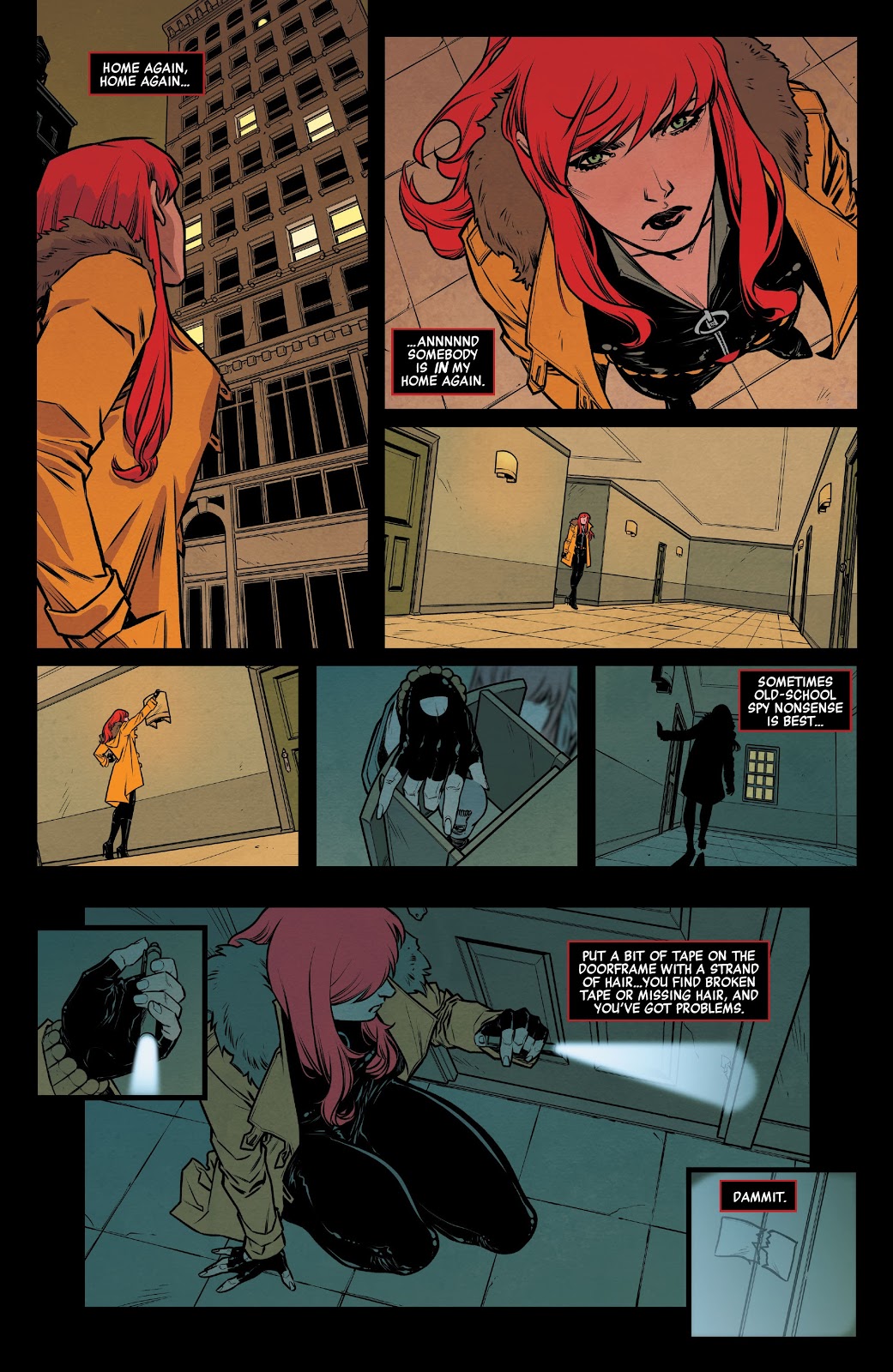


William Dusinberre, Them Dark Days: Slavery in the American Rice Swamps (New York and Oxford: Oxford University Press, 1996). Littlefield, Rice and the Making of South Carolina: An Introductory Essay (Columbia: South Carolina Department of Archives and History, 1995).

Josephine Beokku-Betts, "We Got our Way of Cooking Things: Women, Food, and Preservation of Cultural Identity among the Gullah," Gender and Society 9, 5 (Oct. Jennifer Morgan, Laboring Women: Reproduction and Gender in New World Slavery (Philadelphia: Pennsylvania University Press, 2004). Hartman, "Venus in Two Acts," Small Axe 12, 2 (2008), 1-14.ĭarlene Clark Hine, "Rape and the Inner Lives of Black Women in the Middle West: Preliminary Thoughts on the Culture of Dissemblance," Signs 14 (1989), 912-920. Hartman, Scenes of Subjection: Terror, Slavery and Self-Making in Nineteenth Century America (New York, 1997). Fuentes, "Power and Historical Figuring: Rachel Pringle Polgreen’s troubled Archive," in Jennifer Brier, Jim Downs and Jennifer Morgan (eds.), Connexions: Histories of Race and Sex in North America (Urbana, 2016), 143-168. Fuentes, Dispossessed Lives: Enslaved Women, Violence and the Archive (Philadelphia, 2016). Harris, Sexuality and Slavery: Reclaiming Intimate Histories in the Americas (Athens, GA, 2018), 189-204. Jim Downs, "When the Present is Past: Writing the History of Sexuality and Slavery," in Daina Ramey Berry and Leslie M. Stephanie Camp, Closer to Freedom: Enslaved Women and Everyday Resistance in the Plantation South (Chapel Hill, 2004).īrian Connolly and Marisa Fuentes, "Introduction: From Archives of Slavery to Liberated Futures," History of the Present: A Journal of Critical History 6, 2 (2016), 105-116.



 0 kommentar(er)
0 kommentar(er)
